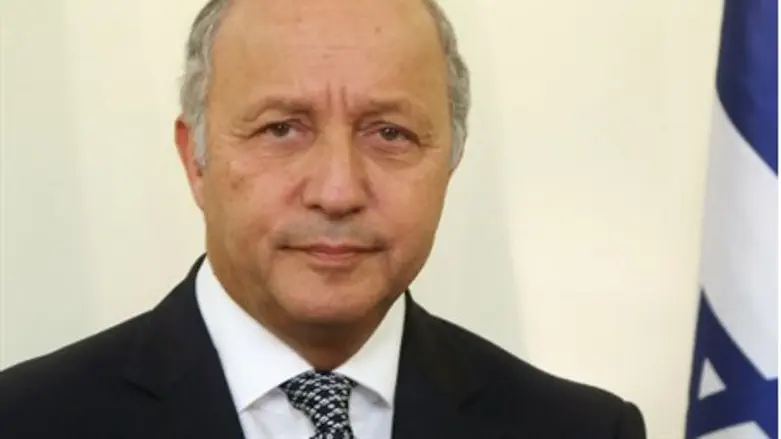
It is thanks to France that a deal was not signed over the weekend that would have eased sanctions on Tehran in exchange for a promise to limit uranium enrichment, said Patrick Maisonnave, France's Ambassador to Israel.
Speaking to reporters, Maisonnave said that it was due to France's demands for more verifiable guarantees that Iran would not attain nuclear weapons capability that the deal between Tehran and Western powers fell through. After France expressed its doubts, the other Western powers did so as well, he said.
Last weekend, French Foreign Minister Laurent Fabius said that Paris was uncomfortable with the draft agreement that had been drawn up in the negotiations that had taken place in Geneva with Iran over its nuclear program. “There are some points on which we are not satisfied,” Fabius said. citing the "extremely prolific" Arak nuclear reactor and the question of uranium enrichment. He also expressed concerns over Iran's stockpile of 20 percent enriched uranium.
“There is an initial draft that we do not accept,” Fabius said. “As we speak, I have no certainty that we can finish up."
The talks in Geneva will be a focus of discussion between Prime Minister Binyamin Netanyahu and French President Francois Hollande, who will be visiting Israel next week, Maisonnave said. He also said that many Israeli officials had expressed their appreciation for France's stance, adding that France had long been wary of Iran's intentions, and that Israel and France had cooperated extensively on addressing Iran's nuclear program.
